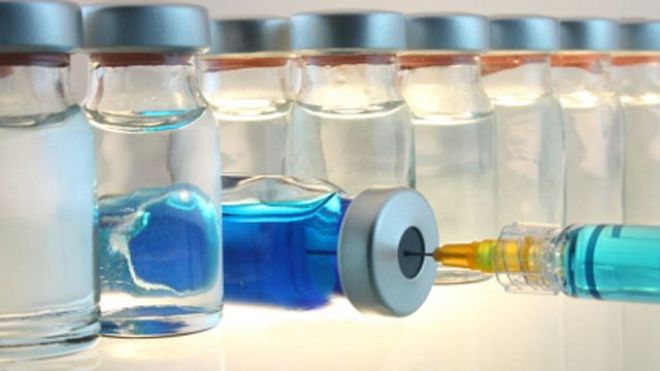Girl dying of cystic fibrosis receives lung transplant
Sarah Murnaghan, the 10-year-old Pennsylvania girl dying of cystic fibrosis, is receiving her long-awaited lung transplant. According to a Facebook post from Sarah’s mother, Janet, the family received word this morning of new lungs that had been made available, and Sarah is currently in surgery.  The operation will take many hours. A spokeswoman from the Children’s Hospital of Philadelphia (CHOP), where Sarah has been hospitalized, said they do not have any information to release. In the Facebook post, Janet said the family is overwhelmed with emotions, and she thanked everyone for their unending support.  She also asked her followers to pray for Sarah's donor. “Please pray for Sarah's donor, her HERO, who has given her the gift of life,” Janet Murnaghan wrote. “Today their family has experienced a tremendous loss, may God grant them a peace that surpasses understanding.” United States Senator Pat Toomey (R-Pa.) released the following statement after being informed by the family of Sarah’s good news: “I am deeply grateful to the organ donor and his or her family for the potentially life-saving gift to Sarah. Now that a suitable donor has been found, a prayer would help, too - a prayer Sarah's body accepts the new organ the way doctors believe it can. The judge gave Sarah a chance to receive a new lung.  Now the surgical team at CHOP is giving her a chance at life.”   Sarah has been in desperate need of a lung transplant for the past 18 months.  She has been hospitalized at Children’s Hospital of Philadelphia for the past three months, where she has been on a ventilator. Under the current guidelines for organ donation, children under the age of 12 must wait for pediatric lungs to become available.  Adult lungs cannot be offered to children under 12, until they are offered to adults and adolescents first.   The Murnaghans have been in the midst of a legal battle over the established rules for organ donation after they filed a lawsuit last week to have the guidelines changed, arguing the rule keeping Sarah off the list was “discriminatory.” A federal court judge granted a temporary order on June 5 that allowed Sarah to join an adult organ transplant list. It is not yet clear whether Sarah’s donor is an adult or a child. Judge Michael Baylson made his ruling after hearing oral arguments on the case and had scheduled a preliminary injunction hearing for June 14. Baylson's order told Department of Health and Human Services (HHS) Secretary Kathleen Sebelius to direct the group that manages the organ transplant list to cease application of it in Sarah's case. Secretary Sebelius declined to intervene in the case early last week, despite urgent pleas from several members of Congress from Pennsylvania. Sebelius said that such decisions should be made by medical experts and noted that there were three other children at Children's Hospital alone in the same condition. Over the weekend, Sarah's condition worsened, and she was intubated on Saturday after she experienced additional trouble breathing. The Associated Press contributed to this report.source : http://www.foxnews.com/health/2013/06/12/girl-dying-cystic-fibrosis-to-receive-lung-transplant-today/




